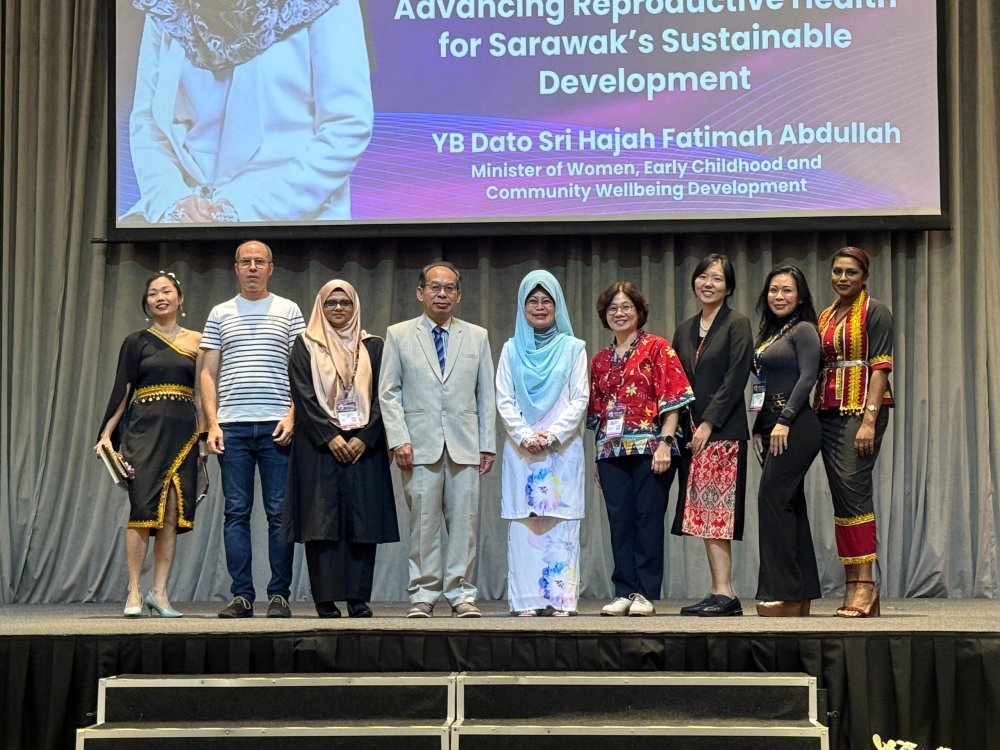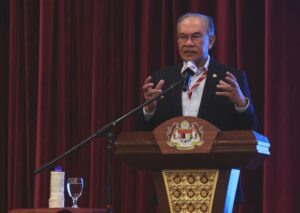KUCHING, Oct 25 — Sarawak is confronting a declining fertility rate that poses a significant threat to its economic growth and social wellbeing, said Women, Childhood and Community Wellbeing Development Minister Datuk Seri Fatimah Abdullah.
Speaking at the International Symposium on Assisted Reproductive Technology & Extracellular Vesicle (ARTEV) 2025, Fatimah stressed that fertility issues must be viewed as more than just a medical issue, highlighting its profound impact on families and the wider community.
“It is not merely a medical issue. It affects the emotional well-being of couples, family stability and even community development,” she said.
“If we do not address declining fertility now, it will have long-term social and economic consequences for Sarawak.”
She emphasised the urgent need to make reproductive health services accessible beyond major urban hospitals, calling for their integration into district hospitals and rural clinics to ensure all couples have equal opportunities to seek help.
“Reproductive health is essential to a thriving society. Without it, no community can truly prosper,” she said, noting that globally, infertility affects one in six couples and brings significant social and economic challenges.
Citing alarming data, she revealed that Sarawak’s total fertility rate has plummeted from 2.76 children in 2001 to just 1.69 children in 2023.
This sharp decline is accelerating the state’s transition into an aging population much earlier than other regions in Malaysia, raising serious concerns about future workforce size and social stability.
To counter this trend, Fatimah urged for greater investment in reproductive health services, particularly in underserved rural and semi-urban areas where limited access often leads to late diagnoses.
She also called for increased research into nutrition, lifestyle, and indigenous remedies to develop locally relevant solutions.
Drawing from her own experience, the minister shared that she did not have a child until her fourth year of marriage, describing the emotional strain women face in a society that often questions delayed parenthood.
“By addressing infertility and advancing reproductive health, we strengthen families, communities and society itself,” she said.
“Together, let us place fertility care at the heart of a sustainable and inclusive future for Sarawak.” — The Borneo Post






